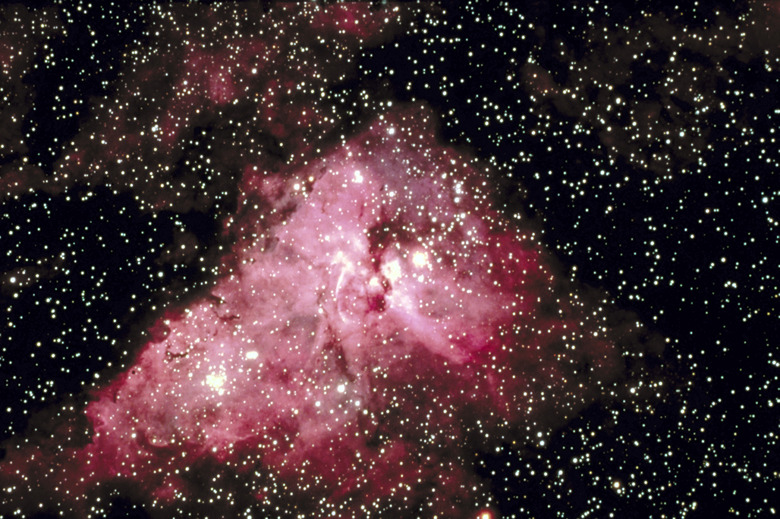What Does A Negative Change In Entropy Indicate?
The various forms of energy in the natural world have a tendency to spread out. A common example of this is heat: a warm loaf of fresh bread on a dinner table gradually releases its aromatic heat into the surroundings. This heat energy was localized and orderly inside the loaf of bread, then it became less localized and less orderly as it dispersed into the room. Scientists have a name for the disorderly dispersal of energy: entropy.
Restoring Order
Restoring Order
Entropy is primarily related to the way that energy spreads out, but matter is indirectly involved in entropy changes because energy dispersal can cause matter to enter a more disordered state. For example, compressed gas molecules will naturally spread out into greater disorder as a result of random molecular motion induced by thermal energy. It is difficult to quantify degrees of energy and matter dispersal, so introductory discussions of entropy focus on how entropy changes when a particular event or reaction takes place. A negative change in entropy indicates that the disorder of an isolated system has decreased. For example, the reaction by which liquid water freezes into ice represents an isolated decrease in entropy because liquid particles are more disordered than solid particles.
Cite This Article
MLA
West, Joseph. "What Does A Negative Change In Entropy Indicate?" sciencing.com, https://www.sciencing.com/negative-change-entropy-indicate-8796/. 24 April 2017.
APA
West, Joseph. (2017, April 24). What Does A Negative Change In Entropy Indicate?. sciencing.com. Retrieved from https://www.sciencing.com/negative-change-entropy-indicate-8796/
Chicago
West, Joseph. What Does A Negative Change In Entropy Indicate? last modified March 24, 2022. https://www.sciencing.com/negative-change-entropy-indicate-8796/
